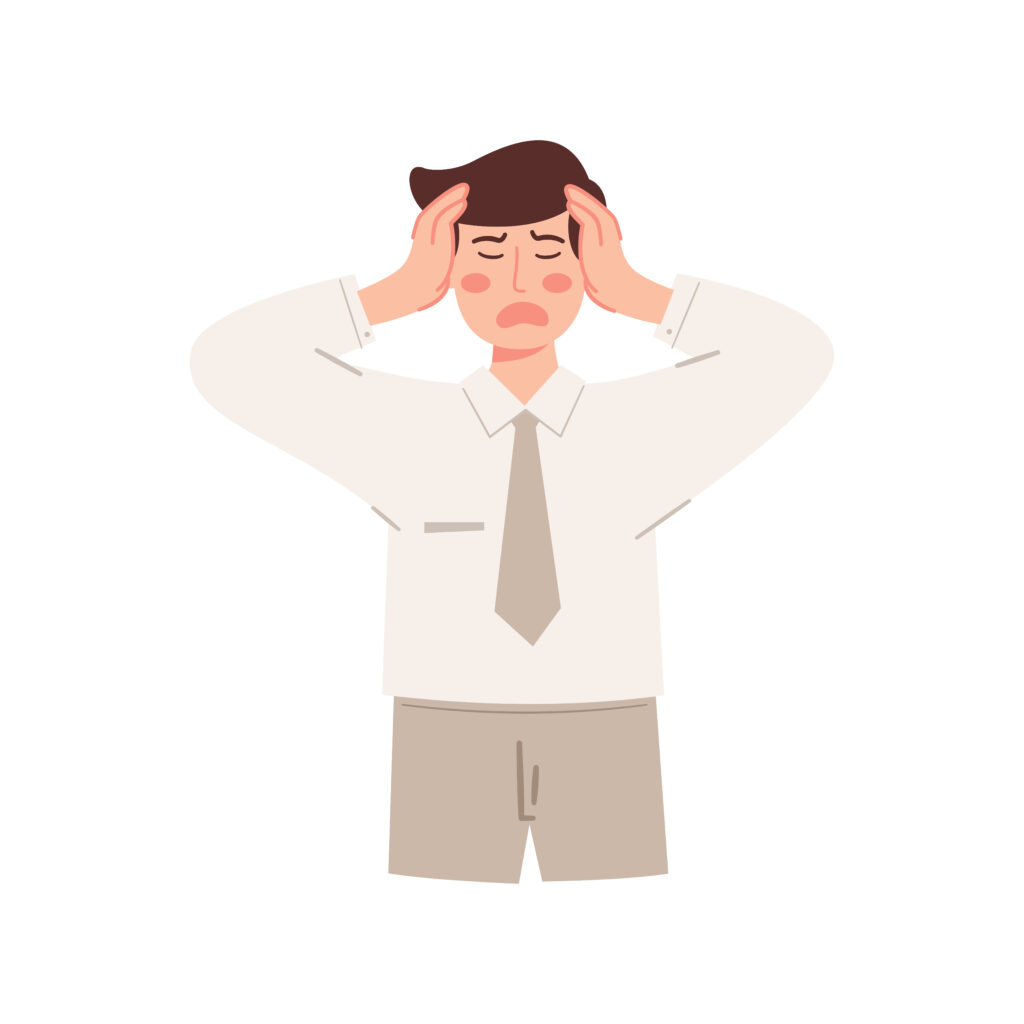Last updated on December 20th, 2024 at 01:28 pm
Divorce can be a challenging and emotionally taxing experience for everyone involved. While it may provide much-needed relief to those in unhappy marriages, it can also lead to stress, anxiety, and other negative emotions.
If you are experiencing a divorce, it is crucial to understand the common stress symptoms that may arise during this period. Recognizing these symptoms can assist you in taking steps to manage your stress and safeguard your mental and emotional well-being.
Physical Symptoms
One of the most common stress symptoms related to divorce is physical discomfort. This can include fatigue, headaches, stomach issues, and alterations in appetite or sleep patterns.
Emotional Symptoms

Another common stress symptom of divorce is emotional distress. This can encompass feelings of sadness, anger, anxiety, and depression. You may also experience guilt, shame, and regret, particularly if you were the one who initiated the divorce.
Cognitive Symptoms
Cognitive symptoms of divorce-related stress may include challenges with concentration, memory issues, and indecisiveness. You might also feel a sense of confusion and struggle with decision-making, particularly regarding significant life choices.
Behavioral Symptoms
Behavioural symptoms of divorce-related stress may include alterations in your usual routines and habits, such as changes in your eating and sleeping patterns, increased use of alcohol or drugs, and withdrawal from social activities.
Coping with Divorce Stress
Managing the stress and negative emotions that come with divorce is crucial. Here are some tips to help you cope with the stress of divorce:
Seek Professional Help
If you are struggling with the stress and emotions of divorce, seeking the support of a mental health professional may be beneficial. A therapist or counselor can assist you in processing your feelings and developing coping strategies to manage your stress.
Connect with Others
Connecting with friends, family, and support groups can be beneficial in managing the stress of divorce. Engaging in conversations with others who have faced similar experiences can be therapeutic and offer you a sense of community and understanding.
Practice Self-Care
Self-care is essential for managing stress and preserving your mental and emotional well-being. This can encompass activities such as exercising, maintaining a healthy diet, and participating in pursuits that bring you joy and relaxation.
Focus on the Positive
Finally, it is essential to concentrate on the positive aspects of your life during this challenging time. Surround yourself with people and activities that bring you joy, and focus on creating a happy and fulfilling life for yourself, even if it differs from what you initially envisioned.
What Helps with Divorce Stress?

Several strategies can help manage the stress associated with divorce. These include seeking support from a mental health professional, connecting with friends, family, and support groups, practicing self-care, and focusing on the positive aspects of life.
Why Do I Feel Sick After Divorce?
Physical symptoms like fatigue, headaches, stomach issues, and changes in appetite or sleep patterns are common stress indicators linked to divorce. These symptoms often arise from the physical and emotional stress experienced during this period.
What Causes Stress in Divorce?
Divorce can lead to stress for various reasons, including financial concerns, asset division, custody disputes, and emotional turmoil. The divorce process can also be time-consuming, complex, and emotionally challenging, which further contributes to the overall stress of the situation.
How long does divorce stress last?
The duration of divorce stress can differ significantly among individuals, lasting anywhere from a few months to several years. It is crucial to take measures to manage this stress and seek professional assistance if needed, to minimize its impact on your mental and emotional well-being.
How Divorce Changes a Woman
Divorce can significantly impact women, affecting their emotional, mental, and physical well-being. It can also influence their financial stability and sense of identity, leading to changes in their relationships and social networks.
What are the mental stages of divorce?
Divorce can lead a person to experience a wide range of emotions, with the most common being initial shock and denial, anger, bargaining, sadness, and ultimately acceptance. Each individual navigates these phases in their own unique manner and at their own pace.
What is the quickest way to recover from a divorce?
The fastest way to heal from a divorce differs for each individual, but for many, it involves self-care, seeking support from loved ones, and focusing on the positive aspects of life.
How do you accept that your marriage is over?
Accepting that your marriage has ended is challenging, but once you come to terms with it, you can concentrate on building a new, fulfilling, and joyful life for yourself. There are various ways to achieve this, such as letting go of negative emotions, focusing on personal growth and self-care, and seeking social and professional support.
Conclusion
Divorce can be a stressful and emotional experience. However, with the right support and coping strategies, you can effectively manage the stress and emotions that arise during this challenging time. Remember to prioritize self-care, seek professional help if needed, and concentrate on creating a happy and fulfilling life for yourself.


